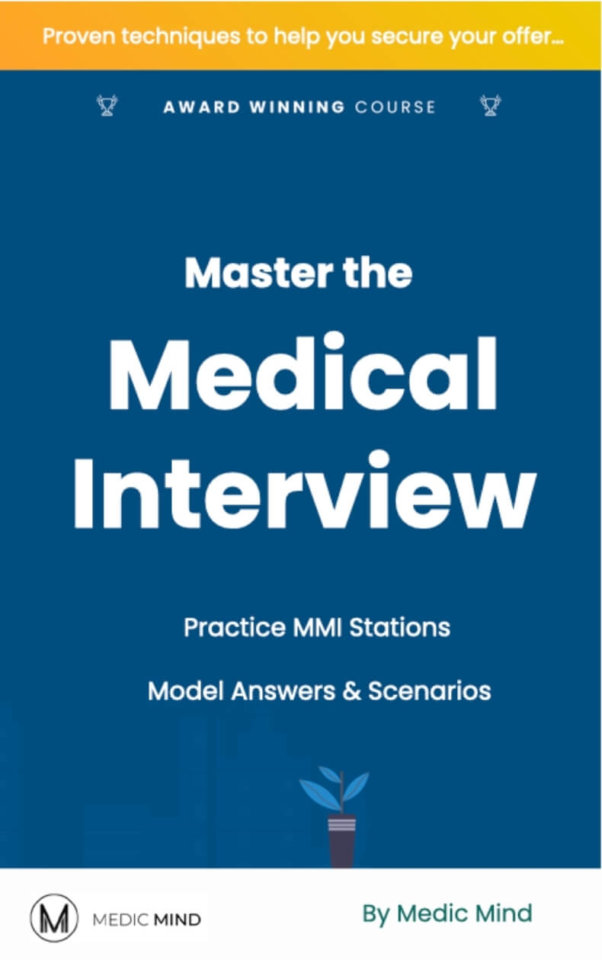Studying at Swansea Medical School
Overview
Swansea University is open to only one of two (one the only Welsh) graduate-only medical schools in the UK. This accelerated, four-year medical degree follows an integrated spiral curriculum designed to reflect the way in which clinicians approach patients and how patients present to doctors. Swansea a small medical school with only around 100 places per year, so students will benefit from extensive contact with teaching staff and you will have contact with patients right from the first semester.
Swansea use GAMSAT score to shortlist candidates for interview, making it an ideal choice for graduates of any discipline who score highly in this exam.
Key Points
- GAMSAT
- Graduate-Only Medical School
- All Degree Subjects
- Integrated Course
FAQs
Swansea Medical School is part of Swansea University, located in Wales, UK. It offers undergraduate and postgraduate degrees in medicine, including MBBS, Medical Pharmacology, and Medical Biochemistry.
The entry requirements for Swansea Medical School vary depending on the program, but typically include high grades in relevant subjects such as biology, chemistry, and mathematics, as well as a good UCAT or BMAT score. International students may also need to demonstrate English language proficiency.
Swansea Medical School offers clinical placements in a variety of settings, including hospitals, clinics, and community health centers. Students have the opportunity to work alongside experienced clinicians and learn from real-world cases.
Swansea Medical School is a research-intensive institution, with a strong focus on translational and clinical research. Students have the opportunity to get involved in research projects in various medical fields and work with world-renowned researchers.
Swansea Medical School is located on the university’s Singleton Park Campus, which offers a vibrant and inclusive student community. There are many social and cultural events organized throughout the year, as well as access to the nearby beach and Gower Peninsula.
Swansea Medical School graduates are highly sought after by employers in the medical industry, with many going on to work in hospitals, clinics, and other healthcare settings. Graduates also have the option to pursue postgraduate education or research opportunities in various medical fields.
Overall, Swansea Medical School offers students an excellent medical education in a supportive and innovative environment, with ample opportunities for clinical experience, research, and career development. It is an excellent choice for students who are committed to a career in medicine and want to learn from some of the best clinicians and researchers in the UK.
About the university
| Key Information | |
| Website | Website |
| [email protected] | |
| Phone number | |
| Course Information | |
| Teaching style | Integrated Swansea use an integrated spiral curriculum, utilising aspects of case based learning alongside traditional lectures and anatomy practicals. Students have early clinical exposure with community based placements from the very first year. |
| Course length | |
| BSC | |
| Courses offered | |
| Graduate entry | |
| Foundation or access | |
| University Life | |
| Local area | Swansea, Wales Located in the landscapes of the South West of Wales. The University is located on some of the UK's most beautiful coastlines (the Bay campus even has its own private beach!). |
| Social life | Swansea is a relatively small city but has an active student population. Especially within the medical school, which is relatively small, there is a thriving tight-knight community atmosphere. |
| Interview | |
| Interview style | Assessment Centre Including: |
| Interview dates | |
| Interview topics | |
| Admissions Tests | |
| UCAT | N/A |
| BMAT | |
| GAMSAT | |
| Academic Requirements | |
| GCSE | |
| A-level | |
| Retake policy | |
| Scottish highers | |
| Scottish advanced | |
| IB | |
| Bachelor's Degree (Gradutes Only) | |
| Statistics | |
| Number of applicants per interview (Home) | |
| Number of applicants per interview (International) | |
| Number of applicants per place (Home) | |
| Number of applicants per place (International) |





Was this article helpful?
Still got a question? Leave a comment
Leave a comment